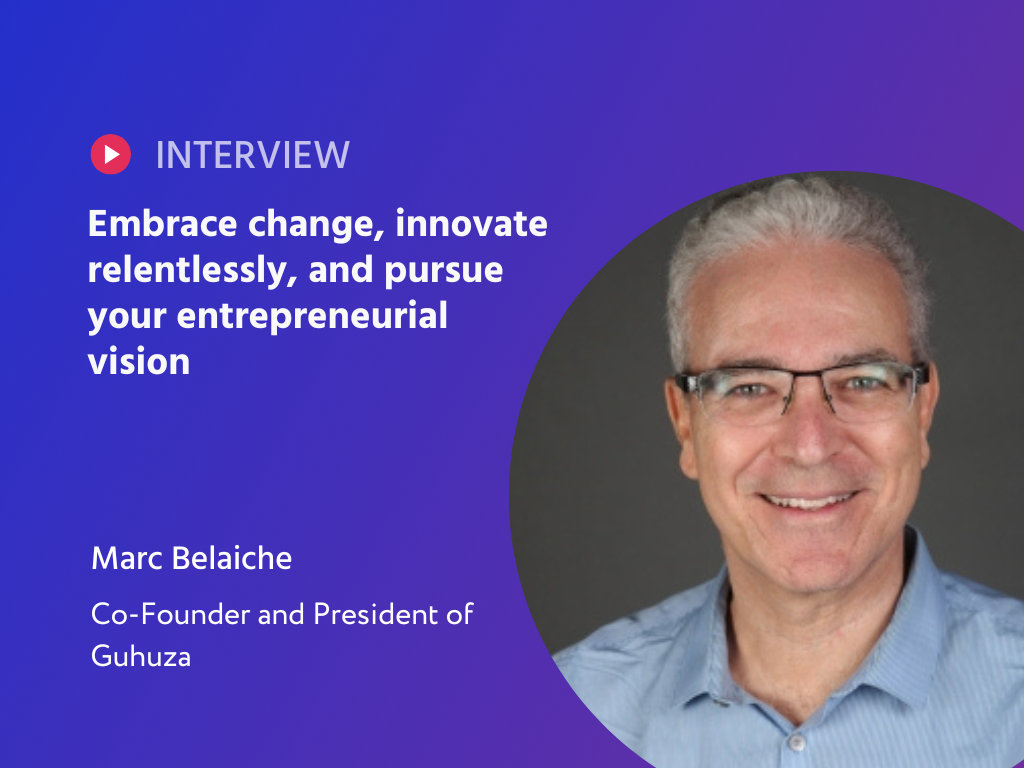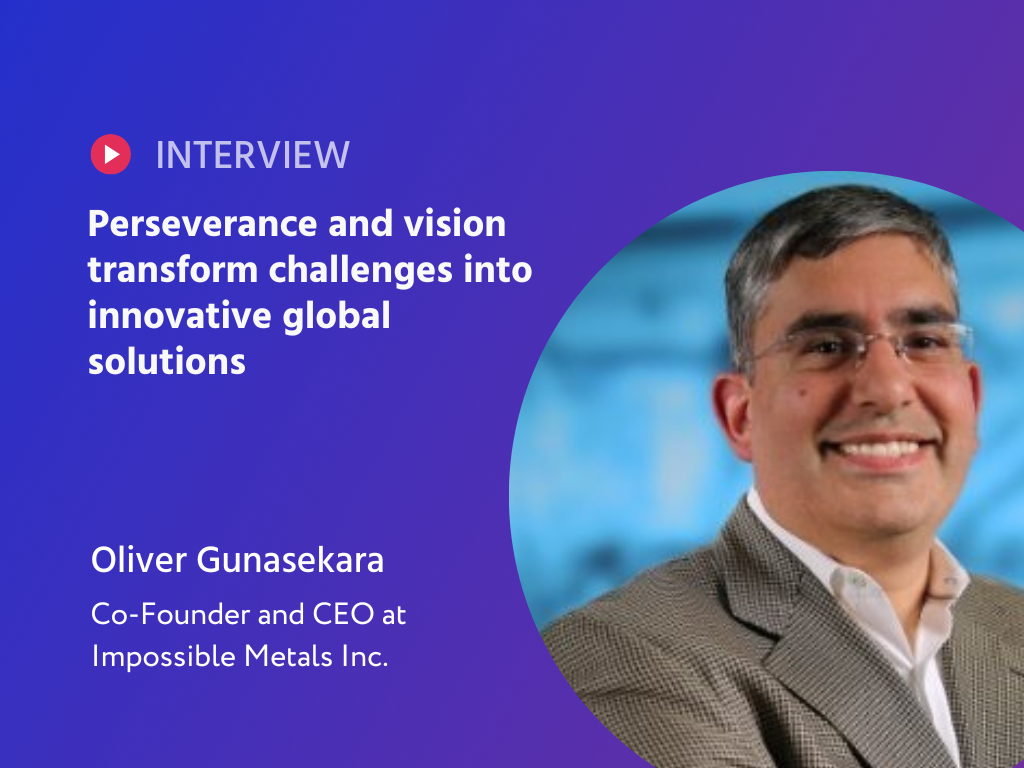The internet has undergone significant changes over the years, progressing from the simple, static web pages of Web 1.0 to the interactive sites of Web 2.0. Now, the next generation of the internet is emerging with the creation of Web3. This latest iteration of the internet aims to build a more decentralized and secure infrastructure. Web3 represents a significant shift, creating new opportunities for innovation and collaboration. From smart contracts to decentralized business models, Web3 technology shows considerable promise for businesses and entrepreneurs.
Bondex is a Web3 company that is leveraging blockchain technology to revolutionize the recruitment industry. Their platform enables individuals to monetize their business networks by selling access to their contacts to potential employers. This allows recruiters to directly engage with candidates who may not have otherwise been available through traditional recruitment methods. By gamifying the recruitment process, Bondex has discovered a way to provide a new source of income for individuals with valuable business contacts and help companies increase their talent pool.
Building a Blueprint
Ignacio Palomera, the co-founder and CEO of Bondex, began his entrepreneurial journey in the banking sphere. Over time, he found faults within the current employment sector and began to formulate an innovative solution to these obstructions. Along with his co-founder, Martin, Ignacio started to work on building what would become the Bondex platform.
“A few years ago, I began to notice all the pitfalls and inefficiencies of the recruitment market. Web3 offered a really good use case to tokenize and change the incentive model. The eureka moment came when me and my co-founder got together. We remembered that we had a referral program at the investment bank. You’d get five or ten thousand dollars for referring someone. We wanted to replicate that referral system externally, so that everyone could be part of it.”
When you go from working for a company to being an entrepreneur, your occupation is significantly more ingrained in your life
Next Generation Innovation
Web3 has the potential to provide transparency in the referral process, making it easier to track the progress of referrals and increase trust between recruiters and candidates. In addition, monetizing personal networks provides incentives for referrals by offering rewards to those who successfully refer qualified applicants, leading to a larger pool of top-quality candidates for businesses to choose from.
“Bondex is the next generation talent network and marketplace. There are two pillars that are the thesis for the vision of the company. One pillar is that talent is a supply constrained market. Talent platforms today focus on the demand side. The recruitment market is 600 billion dollars a year, yet despite all this money, 80% of people are placed into their jobs by networking and referrals. We feel like companies have directed their incentives and experience to the wrong side of the supply and demand marketplace. By gamifying and tokenizing the experience of the talent and users, we’ve created a new model that incentivizes individuals to be much more engaged.”
“Our second pillar is what we call ‘democratized talent’ and we basically unbundle the recruitment process. We crowdsource certain parts of it by turning everyone into a recruiter. We want to help individuals monetize their network beyond their current recruitment role. Basically, a company will put out a reward. Then, our users will stake their Bondex tokens in order to make a referral. Whoever makes it to the interview stage gets a little bit of the reward from that reward pool. Whoever makes the successful referral gets the majority of the fee.”
Referrals are the holy grail when building a team
Harmonious Collaboration
A startup is an exciting but challenging journey that requires hard work and dedication. Finding a co-founder who shares the same vision and values is crucial for success. A successful startup requires a diverse skill set, and having a co-founder with a complementary skill set can help to ensure that all aspects of the business are covered.
“My co-founder and I are very complementary, but that means that we’re very different. It is in that challenge that we play devil’s advocate with each other and end up in a healthy middle to push the company forward. There’s an advantage to that instead of just having one person making all the decisions. There will be arguments, but as long as you respect and admire each other, you’ll make good business partners.”
By prioritizing physical and mental health, your work becomes more efficient
The Price of Myopic Management
In the world of business, it can be tempting to focus solely on short-term goals and immediate gains. One of the main issues with having a short outlook towards business, however, is that it can cause companies to miss out on long-term opportunities. A significant number of startups fail to recognize and invest in opportunities that could be profitable in the long run.
“The two main challenges I've experienced are with timing and expectations from the community. What’s driven most of the adoption of Web3 has been speculation. That means that a lot of people were in this space for the wrong reasons and had a very short outlook. That’s why you’ve seen a lot of bad actors and projects that had unsustainable business models. At the end of the day, it takes a long time to build a product. Sometimes, these entrepreneurs don’t have the patience to wait until they have a really, really good quality product.”
People want the features and the magic that technology provides, but they don’t care much about how it works
A Word on Due Diligence
Starting a new company requires a significant investment of time and resources. To maximize the chances of success, it’s essential to engage in extensive reading and research. These activities can help entrepreneurs gain a better understanding of the market they are entering, potential customers, and industry trends.
“You need to read a lot of books before you get into it. There are a lot of really good podcasts as well. You shouldn’t just be learning on the go. Have a protocol and a process for how you think and stick to those rules. There are certain protocols that you can learn from established businesses. Amazon, for example, has a specific protocol for how they run meetings. Take notes and start developing ideas about how you would run the company.”
In a new industry, you have to adapt




